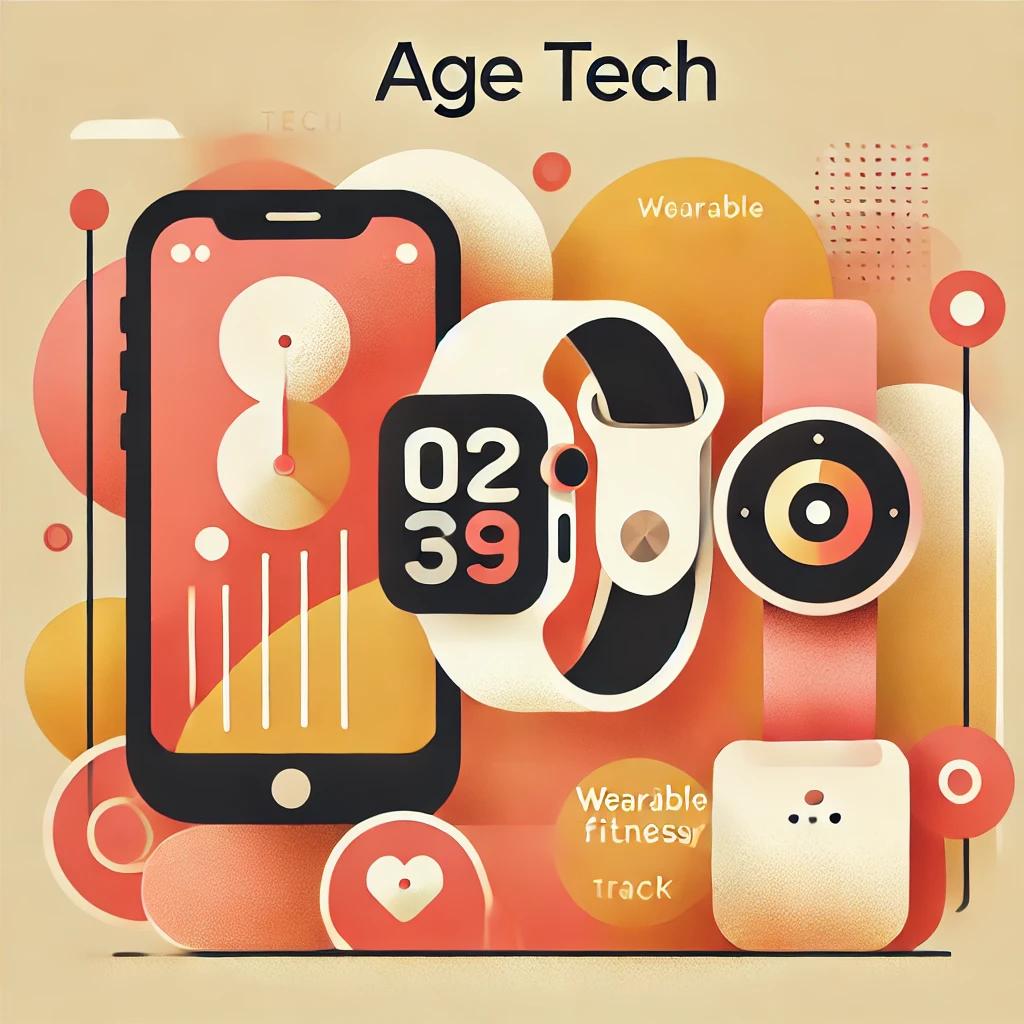Nuance Audio is a new option for people who resist traditional aids, from the company that makes Ray-Bans and operates LensCrafters.
Seekers of Meaning Podcast Posted Online March 7, 2025
What's Next Longevity Deal Talk Episode 32, January, 2025
Presentation: What's Next Longevity Venture Summit, June, 2025
WAWABILITY 2025, Washington DC, July, 2025

 Older adults will adapt to change and adopt new technology. When an 88-year-old neighbor is filming fireworks with his smartphone, it is easy to see that times have changed. If an affordable technology can be found that meets a personal need (or
Older adults will adapt to change and adopt new technology. When an 88-year-old neighbor is filming fireworks with his smartphone, it is easy to see that times have changed. If an affordable technology can be found that meets a personal need (or  is time for the 'virtual' AgeTech suite. As
is time for the 'virtual' AgeTech suite. As  HLTH 2024 wrapped up last week in Las Vegas – where else? AI was a big topic – transformational, embedded in health tech, capitalizing on the buzz. Or growing caution,
HLTH 2024 wrapped up last week in Las Vegas – where else? AI was a big topic – transformational, embedded in health tech, capitalizing on the buzz. Or growing caution,  The tech user experience – still flawed and in need of fixing. As noted in the May report,
The tech user experience – still flawed and in need of fixing. As noted in the May report,  Concerns about AI are all around, but its future role is inevitable. There it is, one consumer
Concerns about AI are all around, but its future role is inevitable. There it is, one consumer